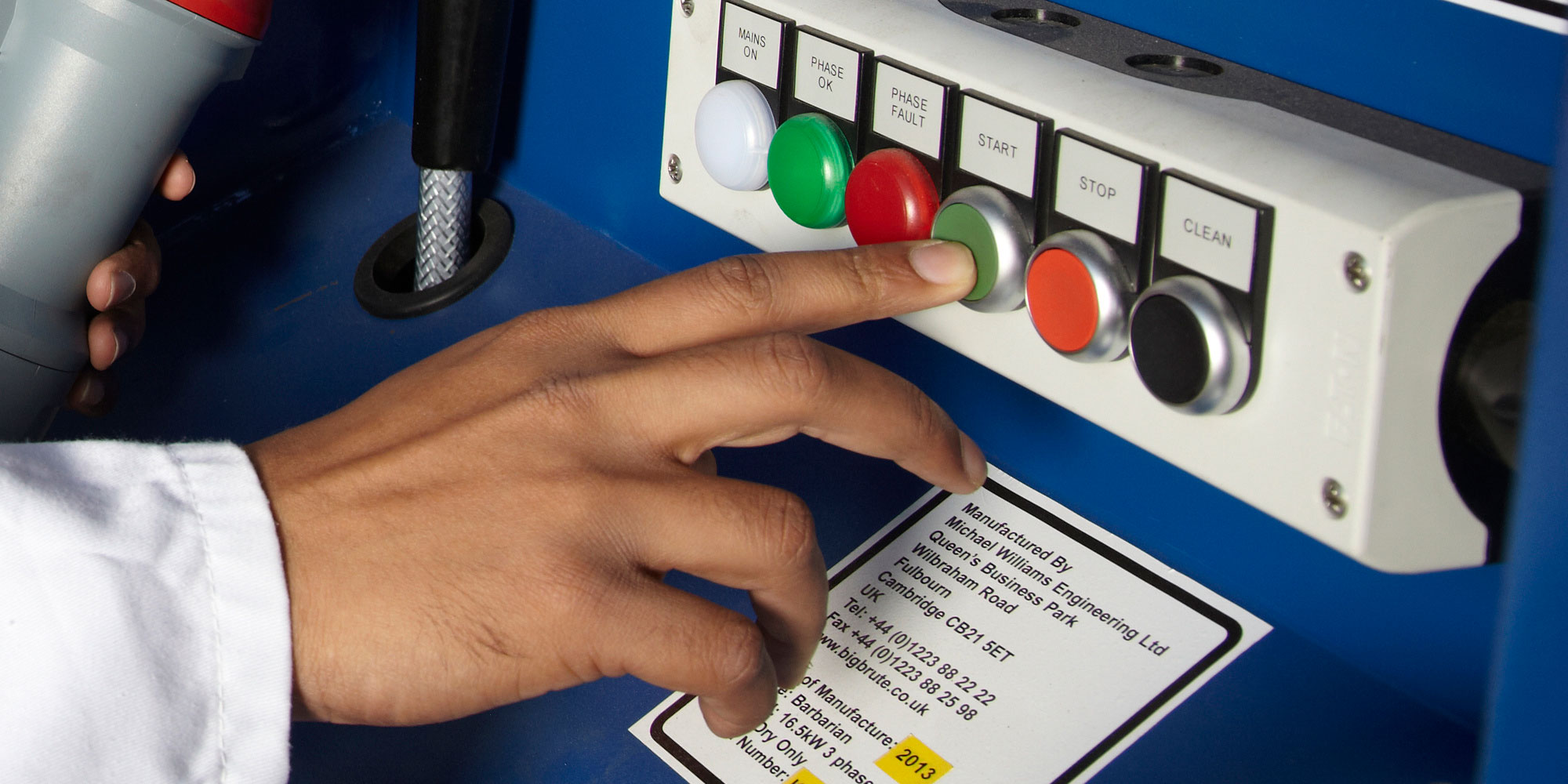The interest in solid biomasses has been increasing over the last decades for their potential as renewable sources of energy. The aim of this project is to develop innovative technologies and a better understanding of the handling of bio-based feedstock to thereby achieve greater efficiency in subsequent industrial processes.
Investigators: Dr. Hamid Salehi, Prof. Alvaro Ramirez Gomez (Universidad Politécnica de Madrid, ES), Prof. Diego Barletta (University of Salerno, IT), Prof. Massimo Poletto (University of Salerno, IT), Prof. Sylvia Larsson (Swedish University of Agricultural Science, SE), Dr. Stefan Zigan, Dr. Robert Berry, Prof. Mike Bradley
Storage, transfer and feeding of biomass particulate solids often cause problems at bio-based production sites. Irregular flow and blockage in storage units create supply uncertainties and production stops with economically detrimental consequences. Despite the industrial awareness of these problems, reliable analysis methods for prediction of larger particle size biomass bulk solid flow properties are lacking.
In order to attack the lack of knowledge and methodology for characterising flow properties of biomass, a consortium called BIO4FLOW was created counting with a project group was created from the Swedish University of Agricultural Science, University of Salerno, Wolfson Centre and Universidad Politécnica de Madrid. A joint study was conducted in which three different biomass materials were characterised by traditional and slightly modified methods for determining flow and bulk handling properties. This study clearly showed that traditional characterisation methods are not applicable to bulk materials consisting of typical of biomass particles. Since 2012,these four organisations has established a cooperation of "biomass bulk action" work area within the European Federation of Chemical Engineering Working Party for Mechanics of Particulate Solids.
Through financing by the Swedish Energy Agency, Dr. Hamid Salehi, study and characterise the flowability of different particulate biomass materials. During the project time, Dr. Salehi has examined the effect of different chipping methods and tree species on particle size and shape, analysed by optical techniques on whole bulk streams. He has further correlated and interpreted how shape properties, by pilot-scale silo discharge tests, determined flow properties of the different forest bulk biomass materials. He has also measured the flow properties of these biomasses with modified conventional flow testers at the Wolfson Centre.
Future works is to develop a new flow tester apparatus to evaluate flow properties of biomass bulk materials. The equipment offers a technical solution to help overcome industrial biomass flow problems and provides technology to perform extensive experimental works on a wide variety of different biomass materials in order to provide extensive and unique forest biomass flow property data sets for the bio-based industries.
Publications
H. Salehi, D. Barletta, M. Poletto, S. Larrson Predicting the silo discharge behaviour of wood chips - A choice of method, Biomass and Bioenergy Journal, 120, 211-218, 2019, DOI: 10.1016/j.biombioe.2018.11.023.
D. Barletta, R. Berry, H. Larsson, T. Lestander, M. Poletto, A. Ramírez-Gómez, 2015. Assessment on bulk solids best practice techniques for flow characterization and storage/handling equipment design for biomass materials of different classes, Fuel Processing Technology, 138, 540-554. DOI:10.1016/j.fuproc.2015.06.034
A. Russell, S. Larsson, S. Shekhar, I. Solomon, H. Salehi, J. Subirana, R. Samuelsson, 2020. Deformation and breakage of biofuel wood pellets. Chem. Eng. Res. Des. 153, 419–426 DOI:10.1016/j.cherd.2019.10.034
M. Abdulmumini, S. Zigan, M. Bradley, T Lestander, 2020. Fuel pellet breakage in pneumatic transport and durability tests. Renew. Energy, 911-919, DOI:10.1016/j.renene.2020.04.116
